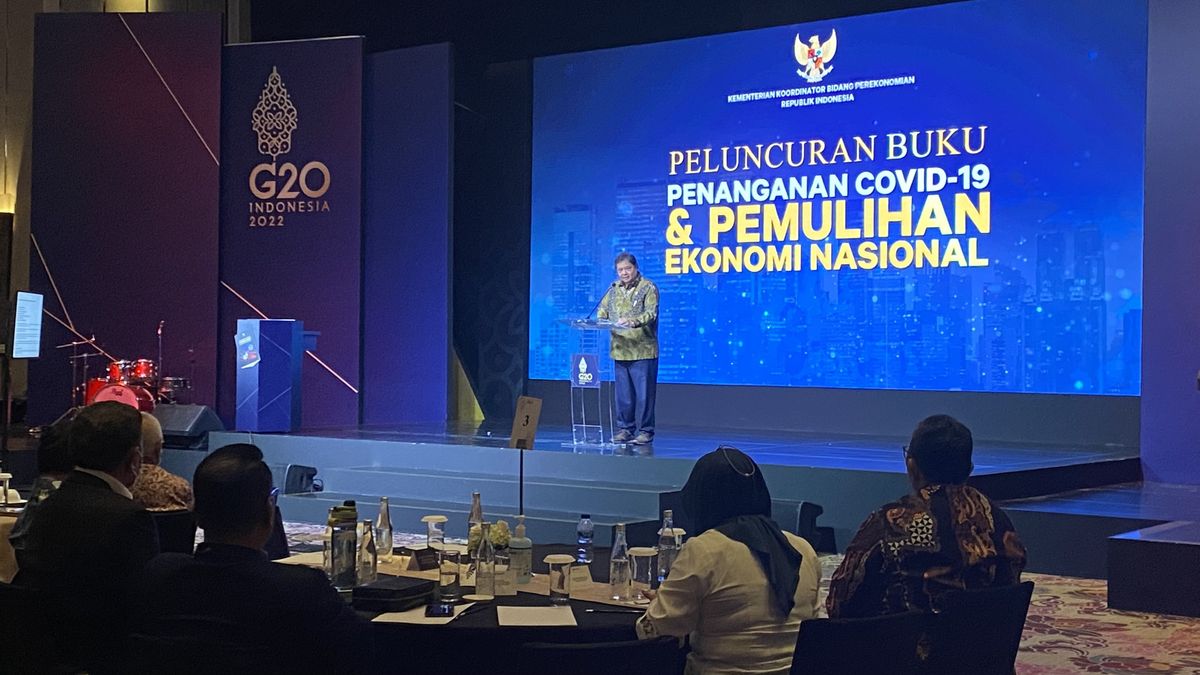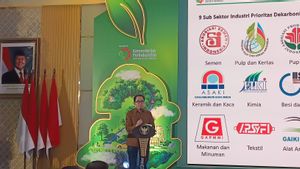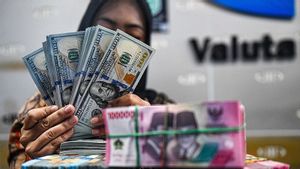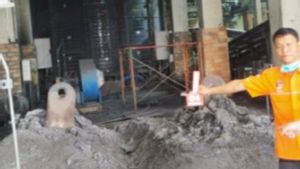Coordinating Minister for the Economy Airlangga Hartarto told about the dark moments of the economy when the COVID-19 pandemic entered Indonesia.
At that time, said Airlangga, the economy was one of the sectors most affected because in the early days of the spread of COVID-19, various activities had to be temporarily suspended.
When the announcement of the first case of COVID-19 in Indonesia, said Airlangga, it was the most stressful time for him.
The reason, said Airlangga, was that the impact of the case immediately affected the stock market.
"The most tense thing was in March in 2020, when it was announced then the stock market fell to Rp. 3,000, up to Rp. 16,000 it was a dark spot," said Airlangga in Jakarta, Tuesday, December 20.
Based on records, the Composite Stock Price Index (JCI) once fell to IDR 3,937 in March 2020.
This figure is down to half of the rate at the beginning of the year with an amount of IDR 6,300.
At this critical condition, said Airlangga, there were no drugs yet. At the same time, masks as a means of self-protection (PPE) also disappeared from the market.
"And there are no drugs there. There is no PPE yet, masks are gone," he said.
This condition, continued Airlangga, made the government also complete due to the lack of PPE supply. Finally, the government made a decision to limit PPE's exports from Indonesia.
"PPE exports should not be exported, yes, but we have to take care of customs and diplomatic matters and that was the beginning of us dealing with COVID-19, and that's the most stressful thing," he said.
The English, Chinese, Japanese, Arabic, and French versions are automatically generated by the AI. So there may still be inaccuracies in translating, please always see Indonesian as our main language. (system supported by DigitalSiber.id)













